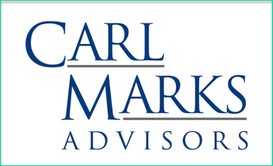
The program has potential to negatively impact private New York City institutions that were already facing decreased enrollments. Private, tuition-dependent colleges and universities, that had previously remained competitive by heavily discounting tuition rates to attract in-state students, will feel the most intense pressure.
The Excelsior Scholarship program also poses a potentially devastating impact on local economies that rely on these private colleges as a major employer. If the program is successful in luring students to public schools, many of the private schools may experience further declines in enrollments and will be forced to close their doors– thus eliminating jobs for many locals and causing economic dislocation in the state. The program shows how the funding of public education has been and continues to be primarily a function of state government.
There looms an even larger issue of the program’s objective in the first place. Will the program really succeed in making college affordable for low and middle-income students? Much like other federally funded programs, the Excelsior Scholarship covers only tuition costs, and does not include room and board expenses. For many of the lowest income families in the target demographic, tuition forgiveness alone will not make college attendance financially viable as room and board fees can easily add up to in excess of $50,000 over the course of four years.
Additionally, breaking the conditions of the scholarship means that the tuition grant converts to a loan that students must repay. Stipulations of the grant include graduating within four years, maintaining a certain grade point average, and working post-graduation within the state for as many years as they received the tuition award.
According to the Higher Education Services Corporation, the Excelsior Scholarship has become available beginning on June 7th. It would be in our future generation’s best interest to consider these issues and tradeoffs when making their life changing decision.

Joseph R. D’Angelo has more than 20 years of experience in operating and advisory roles with regard to improving underperforming businesses and advising debtors and lenders in complex restructuring matters.
He works with company management to develop and implement business plans that create profitable growth and increase enterprise value. Mr. D’Angelo also represents secured creditors in restructuring cases and is known for being proactive in developing solutions to maximize client recoveries.












